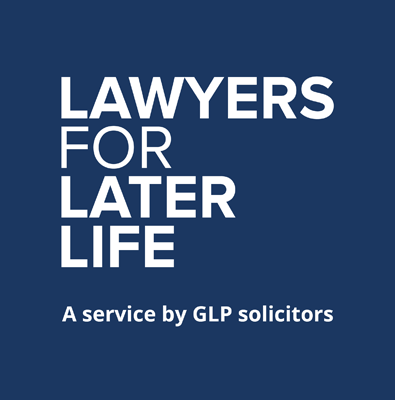Ben Tyer in DAILY EXPRESS: - Giving assets away to avoid care fees can backfire
12/04/19
My findings about Local Authorities pursuing people who give away money or their homes to avoid care fees was featured in Daily Express recently.
With the average annual care home fees exceeding £30,000 a year and as much as £50,000 a year in London an increasing number of people are trying to plan ahead. Whether you or the Local Authority pays care fees depends on your assets. If a person needs residential care the Local Authority will undertake a financial assessment to determine if you have assets over £23,250, and no disregards apply. If so, you must pay the full cost of care. Below that figure the Local Authority funds the cost of care.
Deliberate deprivation of assets is an allegation made by the Local authorities who deem a person to have given assets away to avoid paying care home fees.
If you are found to have deprived yourself of assets then the value of those assets can still be taken into account by the Local Authority, even though you no longer legally own them. The Local Authority also has the power to recover care costs from the person that the assets were transferred to - such as your children.
The findings revealed:
• Merton Council recovered £120,000 and £90,000 from two individuals
• Havering recovered £52,290.45 from one individual.
• North Tyneside borough recovered £289,000 over the past three years notably recovering £77,755.65 from one person
• Newcastle Upon Tyne Council recovered £121,000 over a three year period with £52,000 from one individual.
• Central Bedfordshire Council have recovered £55,000 from individuals
There is a myth that Local Authorities can only go as far back as 7 years to uncover evidence of attempts to avoid paying care home fees; in fact there is no time limit.
There are numerous instances of members of the public being duped into thinking that regardless of the their health or the reason that transferring their home to their children or into a trust guarantees protection against care fees but that is not true. If Deliberate Deprivation is proven, Local Authorities have the power to pursue the children and recover assets.
Local Authorities can look at the timing of the gift or transfer of asset, if the person had a reasonable expectation of needing care – essentially if they were ill when they made the gift at the time of the gift, and whether avoiding care costs was a motivation.
If at the time of the gift the person is fit and healthy and could not have foreseen the need for care and support then it would be unreasonable to view it as trying to avoid care fees.
It is also important for couples to review their Wills and home ownership. Simple, mirror Wills where everything is inherited by a spouse might be unsuitable and owning the home as tenants in common – so the property is owned in shares and passes in accordance with a Will - may not be sufficient.
Our Property Protection Will ensures surviving spouses do not pay excessive contributions towards care fees once someone has died increasing inheritance for the next generation.
There are perfectly legitimate ways of care home fee planning, though I always advise it is important to balance having sufficient assets to fund care and pass on assets to the next generation.
see full article here http://bit.ly/2IfsRz2
Ben Tyer





